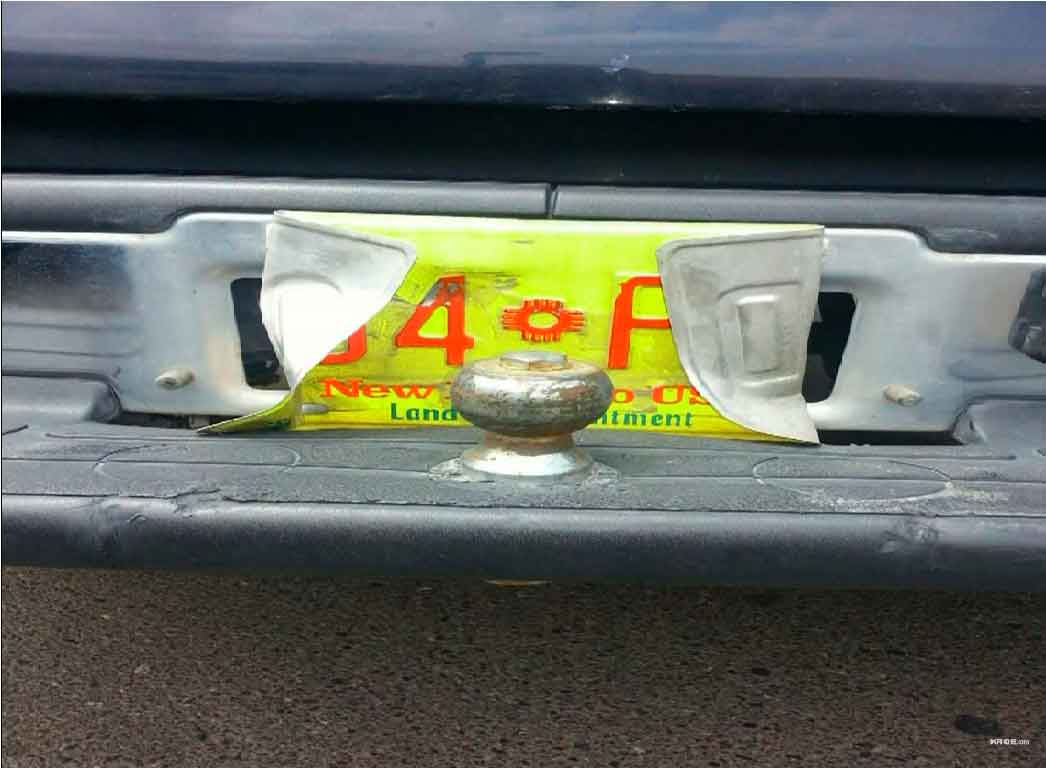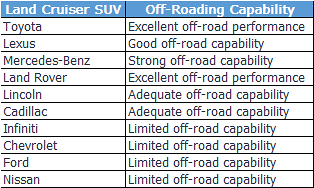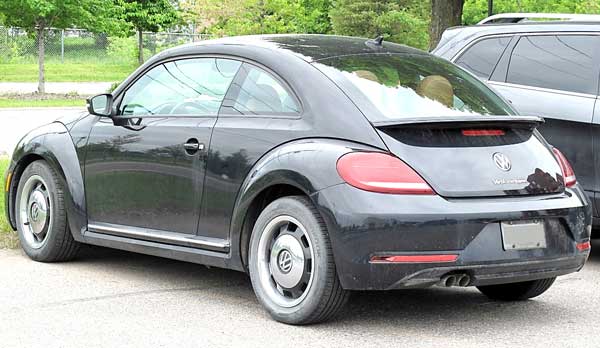Understanding the Importance of License Plates – Is a Bent License Plate Illegal?
Are you worried about the license plate on your vehicle being bent? You might be concerned because license plates are important for identifying vehicles on the road. However, it’s possible that having a bent license plate could actually be against the law.
The reason for this is that license plates are meant to provide important information about the vehicle, like its registration and where it comes from. If the plate is bent, it might be difficult for others to see or read that information, which could be a problem. It’s important to understand the rules and regulations in your area to make sure your license plate is in the right condition.
In this article, we will find out if a bent license plate is against the law and what might happen if you drive with one.
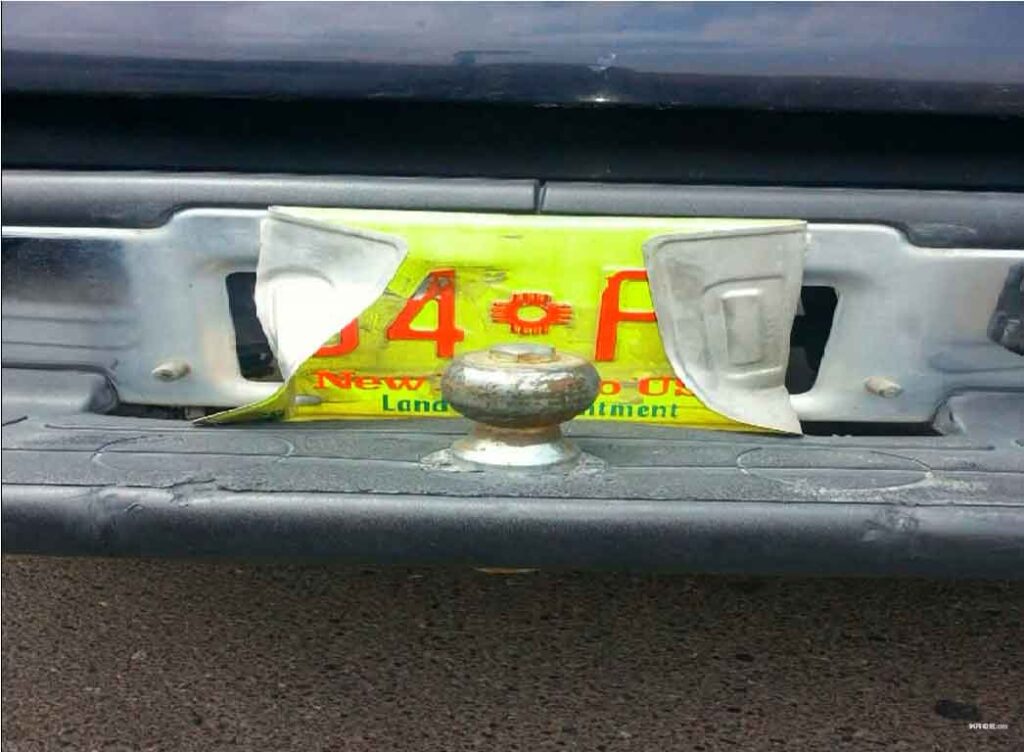
Why Do License Plates Bend?
License plates are usually made of thin materials like aluminum to keep them light. However, this thinness also makes them easy to bend. License plates can bend for several reasons:
- Accidents or Collisions: When a vehicle with a license plate is involved in a crash or accident, the impact can deform or warp the plate.
- Rough Handling: If license plates are not handled carefully during installation, removal, or maintenance, they can easily get bent. Applying too much force or mishandling can cause bending.
- Extreme Temperatures: Exposure to extreme temperatures, whether hot or cold, can contribute to license plate bending. The metal of the plate expands and contracts with temperature changes, leading to warping over time.
- Vibration and Road Conditions: When vehicles are driven, they experience constant vibrations, especially on rough or uneven roads. These vibrations gradually bend or warp license plates, particularly if they are not securely fastened.
- Age and Wear: Over time, license plates naturally weaken due to age and regular use. This makes them more susceptible to bending, even with minimal force.
- In many occasions the driver or car owner intentionally bents the license plate to disguise themselves.
License plates bend mainly because they are made of thin and easily deformable materials like aluminum. Additionally, accidents, rough handling, extreme temperatures, vibrations, and general wear and tear contribute to the bending and warping of license plates.
License Plate Laws
A license plate is a tag that identifies a vehicle. Its main purpose is to help law enforcement officers and witnesses easily identify vehicles in case of traffic violations, accidents, or emergencies.
The requirements for license plates on cars are straightforward:
- The plate must be valid and visible. In order for a license plate to meet the visibility requirements, it should generally be visible from a distance of 50 to 250 feet. Some states specifically state that license plates must be visible from a distance of 25 yards (which is equivalent to 75 feet) without the need for any visual aids or correction. It is important that the license plate itself is easily viewable and not obstructed in any way.
- It should be properly mounted on the car without any obstructions.
- All numbers, letters, and other identifying markers on the plate should be visible.
Plates should be periodically cleaned and checked for debris, mud, or dirt. Some states have prohibited the use of plastic covers on license plates as they can create glare or reflections that might be dangerous for other drivers.
If your license plate is bent in a way that obstructs the license plate number and makes it difficult to read, it is against the law. This aligns with the first point mentioned earlier.
Can I Customize My License Plate?
Yes, in some cases you can modify or customize your vehicle number plates with some conditions. Customizing a license plate means choosing specific numbers, letters, or phrases to be added to your plates. But before you can do that, you need approval from the Department of Motor Vehicles (DMV) staff. They have the authority to decide whether your customized license plate is acceptable or not. Keep in mind that there is usually a yearly fee associated with personalized plates.
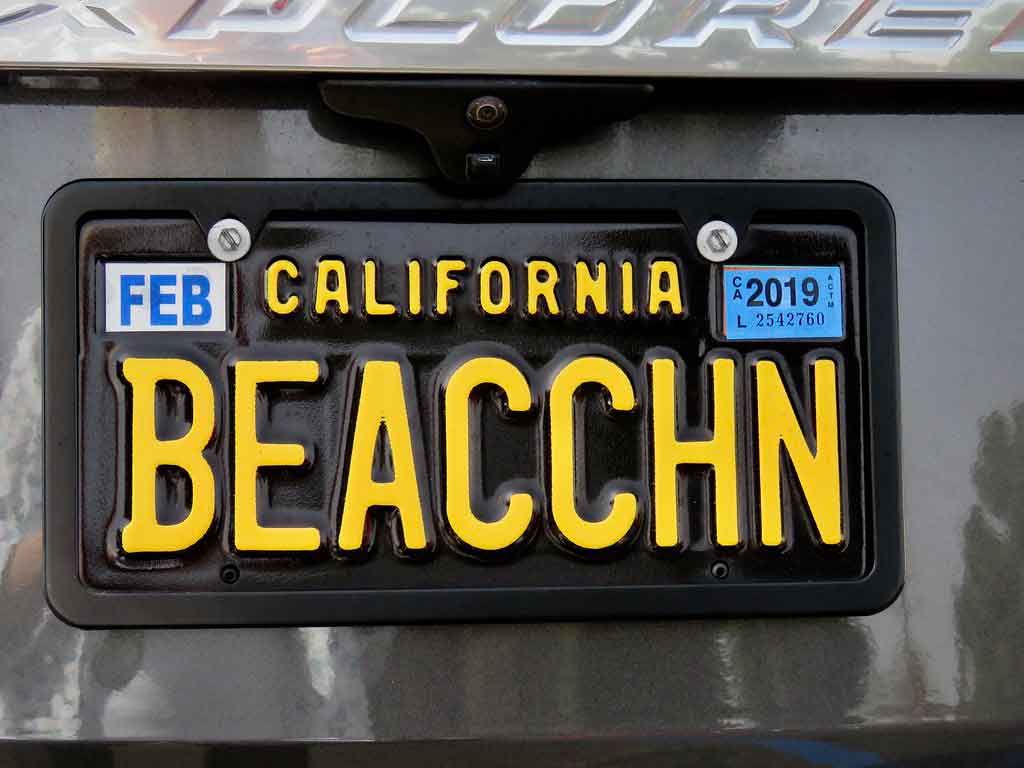
However, it’s important to note that the DMV does not encourage drivers to make alterations or modifications to their license plates, such as filing them down or trimming the edges to make them smaller.
The consequences for switching license plates vary depending on the state you’re in. You could face citations for improper registration, and in some cases, your vehicle could even be towed. If you’re involved in an accident and don’t have insurance, you could be held liable and face legal action.
Driving with a license plate that doesn’t belong to your vehicle is considered a statutory violation and can be classified as a class 3 misdemeanor in many states. This means you may be subject to fines and possibly some jail time if you have previous criminal convictions.
What Are The Consequences Of Breaking The Nameplate Rules?
What happens if you break the rules regarding your license plate? Generally, if you violate license plate laws, you will receive a traffic ticket. In some states, these violations are often considered “fix-it” tickets. This means that if you promptly correct the license plate issue, you can usually avoid fines.
However, in other states, violating license plate regulations can result in a fine ranging from $100 to $200. Repeated offenses may lead to more severe consequences, such as higher fines or the suspension of your driving privileges.
It’s important to note that most moving violations are not considered crimes, so you won’t face jail time. They are typically classified as infractions. However, being convicted of moving violations can result in fines and increased car insurance rates. These violations will only appear on your driving record, not your criminal record, with a few exceptions.
Keep in mind that moving violation laws vary from state to state, as well as within counties and cities. Therefore, it is crucial to be aware of the specific regulations in your area.
In certain circumstances, a traffic offense may be charged as a misdemeanor, which is a criminal offense that can lead to up to a year in jail or a fine. Traffic offenses can be categorized as misdemeanors if they cause injury to individuals or property. Even if no actual harm occurred, a “near-miss” violation could still be charged as a misdemeanor.
What Should You Do After Charged With Penalty?
When you receive a ticket, it will generally include a court date, time, and possibly the amount of the fine. However, accepting a ticket does not mean admitting guilt.
Some states provide individuals with the option to attend a driving program or traffic school to remove a moving violation from their record upon completion of the program.
After receiving a violation, you have several options:
- Admit Guilt: You can enter a guilty plea or plead no contest, which means you’re not admitting guilt but don’t want to contest the charge. In either case, you would pay the specified fine for the offense, usually by sending a check or paying online.
- Contest the Ticket: If you want to challenge the ticket, you plead not guilty. In court, you must challenge the evidence presented by the issuing officer. This can include presenting witness statements, photographs, and strong arguments to refute the officer’s evidence. The ticket will provide instructions on how to notify the court of your intention to contest the violation.
- Hire a Traffic Ticket Lawyer: If you genuinely believe you didn’t commit the violation, you can hire a traffic attorney. They can help dismiss the ticket or challenge the officer’s evidence. For example, they may test the accuracy of a radar gun used to determine speeding. An experienced lawyer can provide the appropriate defense.
- Attend Traffic School or Other Options: In states where traffic school is available, you can pay the ticket and attend traffic school. This helps you avoid accumulating points on your driving record, which can lead to increased auto insurance premiums and problems with your driver’s license.
It’s important to check the specific laws and regulations of the state where the license plate violation occurred to understand the exact penalties and enforcement procedures that apply there. If you have any concerns, it’s advisable to seek legal advice from an attorney who is licensed to practice in that particular state. They can provide personalized guidance based on your specific circumstances.
Proper Maintenance and Replacement
Proper maintenance and replacement of license plates mean taking care of them to avoid any damage or bending. It is important to regularly check your license plate to make sure it’s in good condition.
If you notice any damage or bending, it’s important to replace it as soon as possible. By doing this, you can ensure that you’re following the law and avoid getting into trouble or facing penalties. You can fix it yourself by opening the license plate from the car and straight it with a hammer with cartoon paper support on a plain surface.

Most states have ways for you to get replacement plates if you need them. You can usually get them from the Department of Motor Vehicles or other relevant authorities. So, make sure to take care of your license plates and replace them when necessary to stay on the right side of the law.
When do I have to give up my license plates?
There are situations where the DMV might ask you to surrender your license plates. This means you won’t be allowed to use those plates on your car anymore. This usually happens when you cannot show proof of car insurance.
If the DMV tells you to surrender your license plates, it’s important to do it right away. You may need to take off any extra things attached to the plates, like frames, screws, or other hardware. If you don’t surrender your license plates when asked, your driver’s license could be suspended and your car’s registration could be revoked.
When Attorney is required for License Plate Issues?
If you’re facing issues related to your license plate, it might be wise to seek the assistance of an attorney. License plate laws are important for driving in every state, and not complying with them can lead to serious penalties. If you have concerns about the proper placement or display of your license plates, it’s recommended to get in touch with a traffic violation attorney or reach out to your local DMV to understand the specific requirements in your state.
When it comes to fighting a ticket for a moving violation, many traffic ticket lawyers charge either an hourly rate or a flat fee. It’s important to openly ask the lawyer about their fee structure before hiring their services.
Conclusion: Complying with License Plate Regulations
In conclusion, having a bent license plate can be considered illegal in many areas. While the actual laws and rules may vary depending on the location, there are common reasons why bent license plates are considered illegal. The primary concern is that a bent plate can make it difficult for law enforcement officers and automated systems to read the numbers accurately.
This hampers their ability to identify vehicles correctly, enforce traffic laws, investigate crimes, or determine the vehicles involved in accidents. Moreover, a bent license plate may raise suspicions of attempting to avoid identification or engaging in fraudulent activities, which raises concerns for public safety and security.
It is crucial for vehicle owners to ensure that their license plates are properly attached, securely fastened, and displayed clearly without any obstructions, as mandated by local laws and regulations.
If a license plate becomes damaged or bent, it should be promptly repaired or replaced to meet the legal requirements. By doing so, individuals can contribute to maintaining road safety, supporting law enforcement efforts, and avoiding any potential legal consequences associated with having an illegal or obstructed license plate.
Overall, it is essential for drivers to familiarize themselves with the specific regulations regarding license plate displays in their area and take appropriate measures to comply with them. By following these laws, individuals can help create a safe and law-abiding driving environment.

